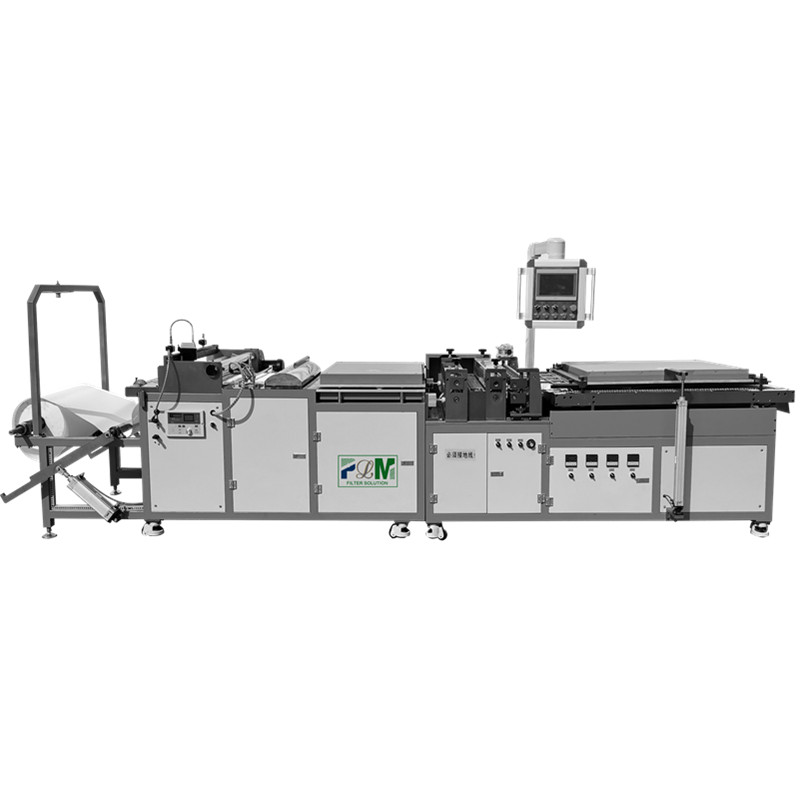Aug . 21, 2024 05:06 Back to list
Heat Sealable Filter Paper Manufacturers for Efficient Packaging Solutions
The Emerging Market of Heat Sealable Filter Papers A Look at Manufacturers
In today’s fast-paced manufacturing environment, the demand for specialized materials has surged. Among these materials, heat sealable filter papers have gained significant traction due to their unique properties and applications across various industries. This article explores the landscape of heat sealable filter paper manufacturers, examining the factors driving growth and the innovations being introduced to meet modern needs.
What are Heat Sealable Filter Papers?
Heat sealable filter papers are designed to provide a barrier while allowing for the controlled passage of liquids and gases. These papers can be sealed using heat, creating a reliable and tight connection without the need for additional adhesives. This property makes them particularly useful in several applications, including food packaging, pharmaceuticals, and environmental testing.
The formulation of heat sealable filter paper typically involves a combination of cellulose fibers and polymeric materials, enhancing both strength and sealability. Manufacturers often tailor the properties of their papers to meet specific requirements, such as porosity, thickness, and thermal resistance.
Market Dynamics and Growth Drivers
The global demand for heat sealable filter papers is primarily driven by the growing need for hygienic packaging solutions in the food and beverage sector. As consumers become more health-conscious, the need for safe and effective filtration methods continues to rise. Additionally, strict regulatory standards in food safety are pushing manufacturers to adopt filter papers that ensure the integrity of their products.
Pharmaceutical companies are also contributing to this growth. The need for reliable filtration solutions in drug formulation and management has increased the demand for high-quality heat sealable filter papers. Whether it's for the production of sterile products or the packaging of sensitive medications, the reliability of these materials is crucial.
Key Players in the Industry
filter paper heat sealable manufacturers

Several manufacturers stand out in the heat sealable filter paper market. Major players include multi-national corporations with diversified product lines, as well as specialized companies focusing exclusively on filtration products. Companies like Ahlstrom-Munksjö, Filtration Group, and Sefar AG have established a strong foothold in the industry by offering innovative solutions tailored to specific needs.
These manufacturers are investing heavily in research and development to create advanced materials that optimize performance. For instance, enhancements in the heat sealability of filter papers can directly affect their efficiency and usability in production processes.
Innovations and Future Trends
The future of heat sealable filter papers looks promising as manufacturers embrace innovation. There is a growing trend toward sustainable practices, with many companies exploring biodegradable and recyclable materials. This shift is crucial in addressing environmental concerns and meeting the demand from eco-conscious consumers.
Moreover, digital technologies are beginning to play a significant role in manufacturing processes. Automation and smart manufacturing techniques are being utilized to enhance production efficiency while ensuring quality control.
The integration of advanced technologies such as nanotechnology is also opening new avenues for improving the functionality of heat sealable filter papers. By incorporating nanomaterials, manufacturers can enhance the mechanical strength, thermal properties, and filtration efficiency of the papers.
Conclusion
The market for heat sealable filter papers is experiencing rapid growth, driven by the needs of various industries for efficient and reliable filtration solutions. As manufacturers continue to innovate and embrace sustainable practices, the demand for these specialized materials is likely to increase. With emerging technologies and a focus on quality, the future of heat sealable filter papers presents exciting opportunities for those involved in the production and application of these essential materials.
-
PLAB-6 A B Two Compounds Filter End Cap Gluing Machine - Hebei Filter Man | Precision Adhesive Application, Efficient Production
NewsAug.15,2025
-
PLAB-6 A B Two Compounds Filter End Cap Gluing Machine-Hebei Filter Man
NewsAug.15,2025
-
PLAB-6 A/B Two Compounds Filter End Cap Gluing Machine - Hebei Filter Man
NewsAug.15,2025
-
Premium Active Carbon Air Filter for Purifiers - Odor & VOC Removal
NewsAug.15,2025
-
PLAB-6 A B Filter Gluing Machine - Hebei Filter Man
NewsAug.14,2025
-
PLAB-6 A B Two Compounds Filter End Cap Gluing Machine-Hebei Filter Man Automotive Parts Trading Co., Ltd.|Adjustable Speed&Step Motor Control
NewsAug.14,2025
